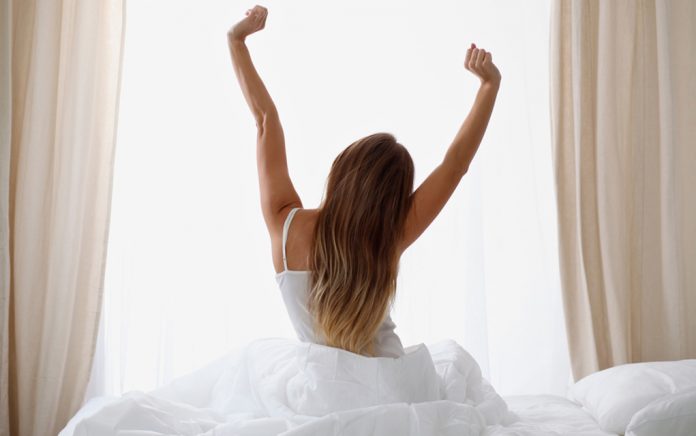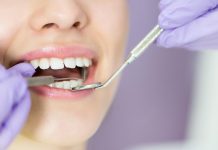
(AscendHealthy.com) – Parents often tell their kids, “Good night, sleep tight!” But many of us lose that ability to have a peaceful night’s sleep when we become adults. That’s where science can help. Check out the tips below to enjoy the good night’s sleep you deserve.
5 Supplement and Food Tips to Benefit Sleep
We can occasionally cheat on our diets without too much damage to our health. But skimping on sleep has immediate effects on our well-being, says Healthline. Experts warn that lack of sleep may result in weight gain, harm our brain function, and even put us at higher risk for disease.
These five food and supplement tips may help:
- Caffeine: Sipping coffee and other beverages high in caffeine, such as cola drinks, boosts our energy. That boost can result in sleep problems. Experts recommend avoiding caffeine after 3:00 to 4:00 p.m.
- Alcohol: Consuming alcohol at night may disrupt our sleep in various ways. Alcoholic beverages can change our body’s circadian rhythm, which is the body’s internal clock that helps us sleep at night and stay alert during the day.
- Melatonin: This sleep hormone may improve the quality of our sleep, as well as our ability to fall asleep sooner. In addition to helping with insomnia, melatonin’s role in our circadian rhythm may be useful when traveling to a different time zone.
- Magnesium: Magnesium deficiency may cause insomnia and other sleep problems, such as restless leg syndrome. This supplement supports our levels of GABA, which helps with the quality of our sleep.
- Bedtime snack: Feeling hungry during the night may result in sleep problems like waking too early in the morning. WebMD suggests a bedtime snack high in carbohydrates, such as toast or a serving of cereal.
Check with your healthcare provider about supplement dosage.
6 Lifestyle Tips to Benefit Sleep
Scientists have discovered multiple benefits to getting enough sleep, according to WebMD. A good night’s sleep can help us improve our memory, feel more positive, lower blood pressure, and even reduce risks for type 2 diabetes.
Some surprisingly simple lifestyle changes may promote a good night’s sleep. From changing your curtains to modifying your exercise routine, these six tips may help ease insomnia:
- Curtains: Exposure to light can impact circadian rhythms, says Sleep.org. Thick, dark curtains can block the sun and streetlights for better sleep.
- Devices: We love our electronic gadgets. But those devices emit blue light, which reduces the body’s ability to produce melatonin. Scientists recommend setting aside laptops, cell phones and other electronics an hour before bedtime.
- Exercise: We don’t need to run a marathon to help us sleep. A 10-minute bike ride or quick walk in the middle of the day can help us sleep more soundly. Daily exercise also may reduce risks for sleep conditions, such as apnea and restless leg syndrome.
- Before-bed routine: The American Sleep Association recommends a regular routine before going to bed to fall asleep more easily. Begin by relaxing with a good book, listening to soothing music or soaking in a hot bath. Set a regular bedtime.
- Mind over matter: When we feel stress, fear, anxiety or even joy, we may face challenges in falling asleep. Mind exercises, such as meditation, may help to relax all that brain activity.
- Sleep comfort: The right pillow, mattress, sheets, and blankets can help make falling — and staying — asleep easier. Just like Goldilocks sampling the three bears’ beds to find one that’s just right, some experimentation may be in order. The right room temperature also can benefit sleep.
In the classic film “White Christmas,” Bing Crosby tunefully advises you to “count your blessings instead of sheep.” If counting blessings (or sheep) doesn’t work, science can help. Simple changes to diet and lifestyle may add a good night’s sleep to those blessings. Be sure to check with your healthcare provider if you continue to have insomnia or other sleep problems.
~Here’s to Your Healthy Ascension
Copyright 2023, AscendHealthy.com




















